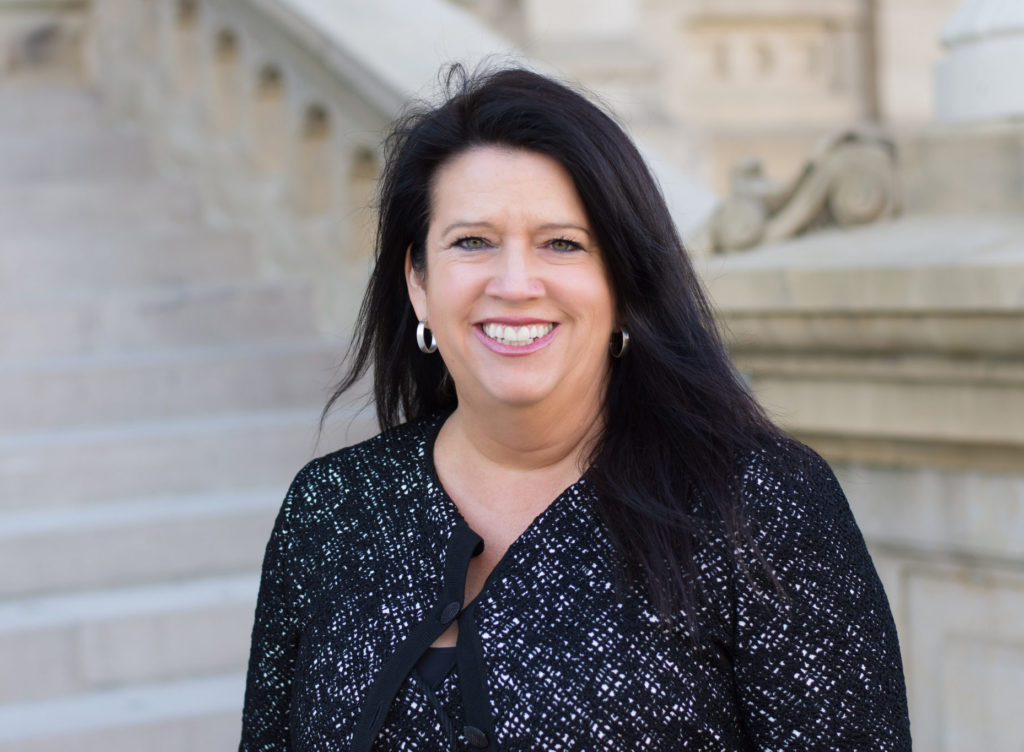By Sarah Hubbard
(Originally posted by the Detroit Regional Chamber)
As Michigan looks to restart its economy, voicing your perspective has never been more important.
All levels of government are about to embark on reconstructing their shattered budgets amid an unprecedented economic shutdown. Barring an unexpected bailout from the federal government, the legislature is going to be forced to take a hatchet to the state budget.
It’s going to be painful, political and have far-reaching consequences. As a business you can’t afford to ignore it.
Whether you have your own government relations shop, or rely on organizations like the Detroit Regional Chamber for their advocacy team, there is something for all of us to do.
Here are a few tips when constructing your business voice and engaging elected officials.
- Don’t Underestimate the Value of the Intel You Provide Elected officials count on interactions with businesses for intel. And that insight finds its way into their message and policy more than you might think. Yes, businesses and employers are facing the same broad challenges, but each sector has unique perspectives that need to hear. Share your real-life experiences – they are impactful.
- Focus Your Outreach on COVID-19 Created Problems
Elected officials, like everyone else, are looking for solutions to COVID-19 related problems. If you’re engaging public officials, your issue has greater odds of being addressed if it is understood through the lens of COVID-19 or how to restart the economy. Make that connection clear. - Find Your Way into “The Room”
Take, for instance, the creation of the Michigan Economic Recovery Council advising the Governor on how to reopen the economy. That conversation largely happened behind closed doors. Organizations like the Detroit Regional Chamber and Business Leaders for Michigan are advising the MERC. Seek out an organization that can vocalize your concerns “into the room.” - Leverage New Virtual Access Points, Like Tele-Town Halls
Tune into to the Tele-town hall and Facebook Live events that are popping up across social media. (View the Chamber’s Tele-Town Hall schedule). Visit your local city hall or legislator’s social media or web pages, you’ll be bound to find something scheduled where you can tune in. - Flip the Social Media Script – But Leave the Grenades at Home
Politicians continue to use social media to provide unfiltered messages directly to constituents. Monitor your elected officials’ social media – but leave the grenades at home. Most politicians are conditioned to tune-out overly aggressive attacks on social media. But a thoughtful response or question to something they’ve already posted about will get noticed – and quite possibly a response. - Buy a Local Media Subscription – The Accountability Is Worth It
The saga of shrinking newsrooms is a revelation to no one, but you may not know that many media outlets have instituted rotating furloughs reducing staff even further. Experienced political reporters can cut through the talking points and report what’s happening and what it means. On the other hand, political reporting that is rushed without context can have devastating impacts. Quality reporting requires an investment but produces more transparency and accountability. If you can, pay for a subscription today. - Don’t Get Discouraged – Play the Long Game
Government relations is the ultimate long game, complicated by ever-shifting political winds and painfully slow bureaucracy. Don’t get discouraged if you don’t get the result or response you want right away. While there are flaws in a political system of imperfect people, most elected officials are doing the best they can. They just need help to find the best solution. A consistent, strategic government outreach plan pays off over time.
Sarah Hubbard is principal at Acuitas, LLC, a full-service, multi-dimensional government relations firm based in Lansing, MI. She can be reached at shubbard@acuitasllc.com

